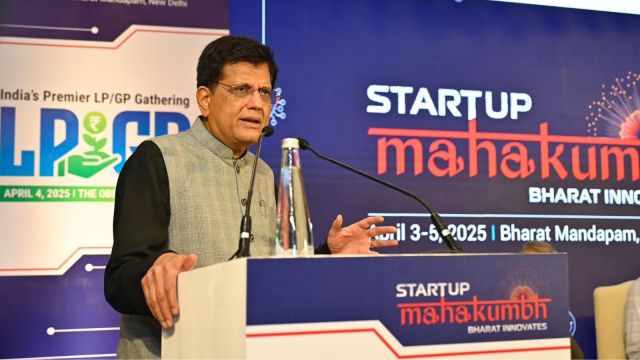India's Chip-Based E-Passports Are Here: Everything You Need to Know
India is stepping into the future of international travel with the official rollout of chip-based e-passports, aimed at improving security and convenience for travelers. Announced by the Ministry of External Affairs (MEA), these next-generation passports are now being issued in a phased manner and come embedded with an electronic chip that stores crucial biometric and personal data.
What Is an E-Passport?
An e-passport or electronic passport contains an embedded microprocessor chip that securely holds the same information as the traditional passport along with the holder’s photograph, fingerprints, and personal details in a digital format. It is compliant with International Civil Aviation Organization (ICAO) standards and can be easily read by specialized e-passport readers at immigration counters globally.
Key Features of India’s Chip-Based E-Passports:
-
Secure Embedded Chip: Stores personal data including name, date of birth, photograph, and biometric information.
-
Tamper-Proof Design: Features advanced security layers that help prevent passport forgery and unauthorized access.
-
Faster Immigration Clearance: Speeds up processing at international airports through automated e-gates.
-
ICAO Compliance: Globally recognized format ensuring seamless travel across countries that support e-passport reading infrastructure.
Benefits for Indian Travelers:
-
Enhanced Security: Encrypted chip reduces risks of duplication and tampering.
-
Quicker Travel Process: Supports contactless verification, reducing wait time at immigration counters.
-
Global Acceptance: Compatible with systems used in the US, UK, EU, and over 100 other countries.
-
Digital Verification: Eliminates manual checking of travel documents and reduces chances of human error.
Rollout Status:
India has already begun issuing e-passports on a trial basis. The MEA, in collaboration with India Security Press, Nashik, is scaling up production to ensure a nationwide rollout. According to reports, these passports will be available for both new applicants and those renewing their existing passports.
Who Will Get It First?
Initially, e-passports are being issued to diplomatic and official passport holders. Over time, the facility will be expanded to regular citizens. Applicants will not need to submit any additional documentation — the process remains similar to current passport procedures.
What You Need to Know Before Applying:
-
No separate application is needed for an e-passport.
-
The e-passport will replace the traditional one during issuance or renewal.
-
The cost and application process will remain the same as the current passport procedure.
-
Citizens will be notified of eligibility during the application or renewal phase.
Conclusion:
The introduction of chip-based e-passports is a monumental step forward in modernizing India’s travel infrastructure. With enhanced security, global compatibility, and improved efficiency, these passports are set to redefine the way Indian citizens travel abroad.
Whether you're a frequent flyer or planning your first international trip, the e-passport promises a smoother and more secure travel experience — and it's just around the corner.
-
-






Leave a comment on the Blog